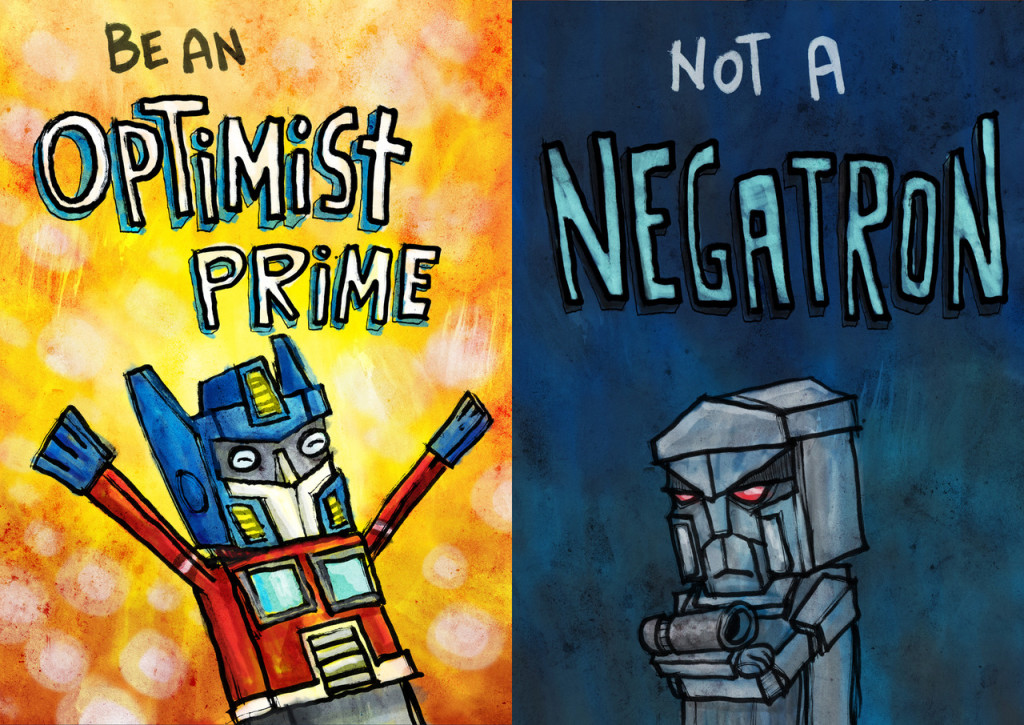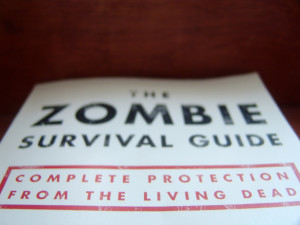“Shopping for clothes” does not appear in my top 10 list of enjoyable things to do. Would you believe it does not appear in my top 50? Believe it.

Photo Credit: eastmidtown via Compfight cc
My work requires dress shirts, and I am one of those guys who cannot find an off-the-rack shirt to fit me well. Apparently, most men with my neck size and sleeve length have the body frame of a refrigerator. Even the fitted shirts make me feel a little like Jerry Seinfeld in his pirate shirt.

Photo Credit: Stuff about Minneapolis via Compfight cc
Back when in my single days, living in DC, I had more disposable income and had some custom shirts made. Those fit perfectly. The fine folks at The Custom Shop in Pentagon City Mall measured me and constructed my shirts. And when a piece of clothing fits perfectly, you feel good and it seems worth the time and money.
Over the past couple months, you have read several “Ts” of single fatherhood. You may have talked with a counselor, a relative, a friend, another single dad, or a mentor and gotten parenting advice. You have probably read a book or two on discipline strategies, potty training, how to talk to your kids about s-e-x, or picked up one of the books I have recommended.
Hopefully, no one has claimed a corner on truth or effectiveness. Each one of us have a unique story about how we got here. Each one of us have kids from birth to teen, boy and girl, adjusted and troubled.
Off-the-rack parenting solutions do not always work. We have the massive challenge of figuring out what works for us and our kids. And what works during one season of your kid’s life may not work in the next.
Trial and error sucks, but I have not found The Customized Parent shop at any mall…yet.
What I have found is people want single dads to succeed and thrive. They care about the welfare of our kids and know we could use an encouraging word, a bit of advice, and a heap of grace in parenting.
Our kids also want us to thrive, because they, in turn, will thrive. If one of the parenting ideas we pulled off-the-rack bellyflops, we need to own it and usually the kids will understand we are trying.
So, keep asking for advice and help. Keep reading books and blogs. But realize you may need to adjust the sleeves and bring it in a little.
What parenting advice did you receive and execute that ended up failing?







